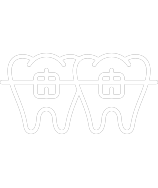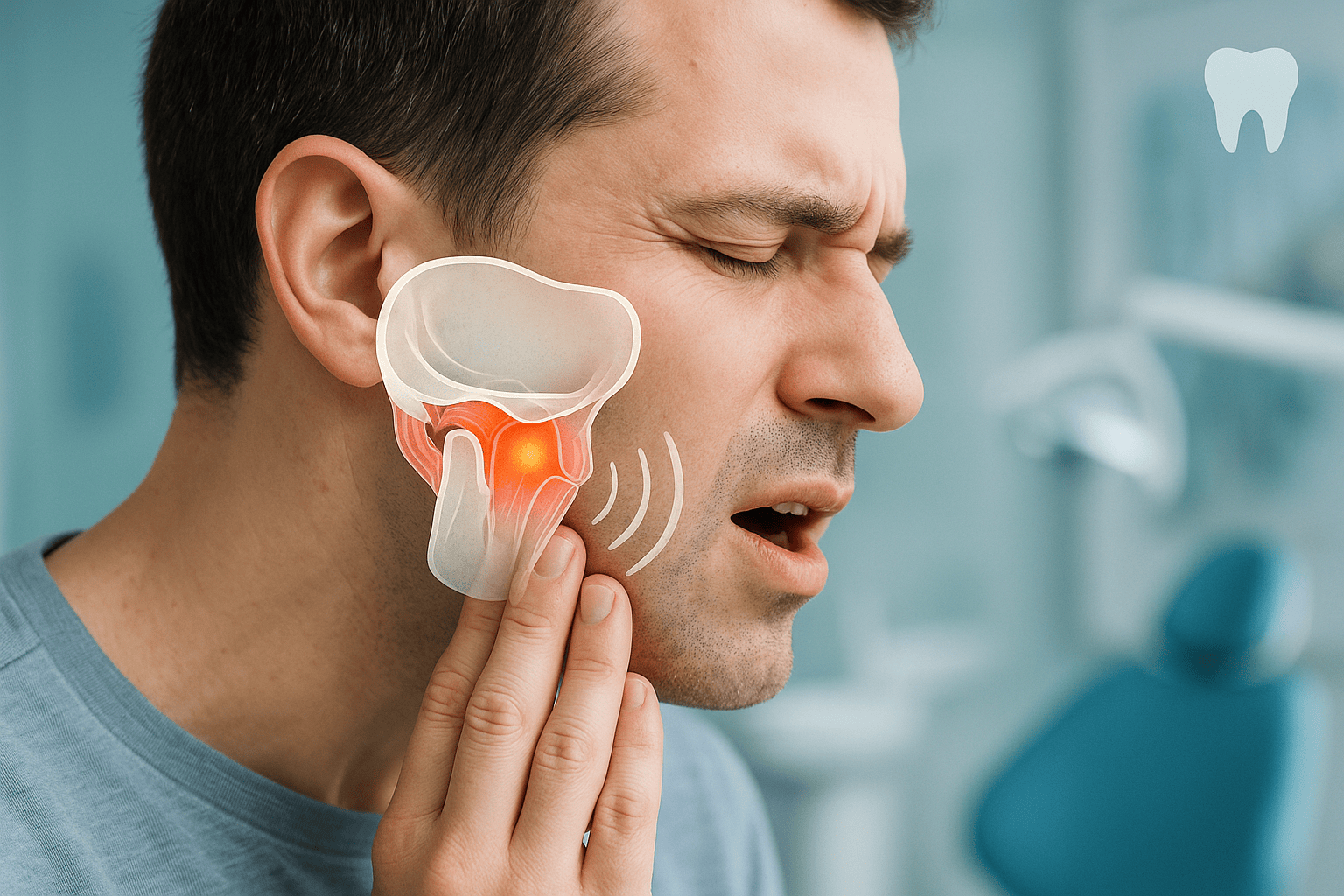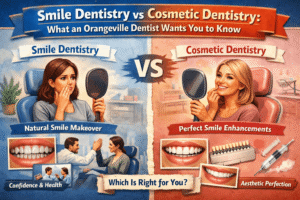Experiencing persistent jaw pain, clicking sounds when you chew, or headaches that seem to originate from your jaw area? You might be dealing with a temporomandibular joint (TMJ) disorder, also known as TMD. These common conditions affect the jaw joint and the muscles that control jaw movement, leading to discomfort and difficulty with everyday activities like talking and eating. Fortunately, effective diagnosis and treatment for TMJ disorders are available right here in Orangeville at Viva Dental Orangeville.
Understanding the root causes, recognizing the symptoms, and knowing your treatment options is the first step towards finding relief.
What is the Temporomandibular Joint (TMJ)?
The temporomandibular joints are the two hinge-like joints that connect your lower jaw (mandible) to your skull, located just in front of each ear.
These complex joints, along with the surrounding muscles and ligaments, work together to allow you to move your jaw up and down, side to side, and forward and back.
When there’s an issue with these joints or the surrounding structures, it’s referred to as a temporomandibular disorder (TMD).
It’s a collective term for problems involving the muscles of mastication, the TMJ itself, or both. While often referred to simply as “TMJ,” the correct term for the condition is TMD.
Common Causes of TMJ Disorders

TMD is often multifactorial, meaning it can result from a combination of different issues rather than a single cause.
Identifying the contributing factors is crucial for effective treatment. Some common causes include:
- Muscle Issues: Tension or overuse of the jaw muscles, often linked to stress, anxiety, or clenching/grinding habits.
- Teeth Grinding or Clenching (Bruxism): Many people unconsciously clench or grind their teeth, especially while sleeping. This puts significant stress on the TMJ and surrounding muscles.
- Trauma: An injury to the jaw, head, or neck (like a car accident or a fall) can cause direct damage to the joint or surrounding tissues.
- Arthritis: Different types of arthritis, such as osteoarthritis or rheumatoid arthritis, can affect the cartilage in the TMJ, leading to pain and dysfunction.
- Disc Displacement: A small disc of cartilage sits between the bones of the TMJ, acting as a cushion. If this disc moves out of place, it can cause clicking, popping, or locking of the jaw.
- Connective Tissue Diseases: Conditions like Ehlers-Danlos syndrome can affect the ligaments supporting the joint.
- Chronic Pain Conditions: Fibromyalgia or chronic fatigue syndrome can sometimes be associated with TMD.
- Poor Posture: Forward head posture can strain the jaw muscles.
It’s important to note that in many cases, the exact cause of a person’s TMD symptoms may not be immediately clear.
Recognizing the Symptoms of TMJ Disorders
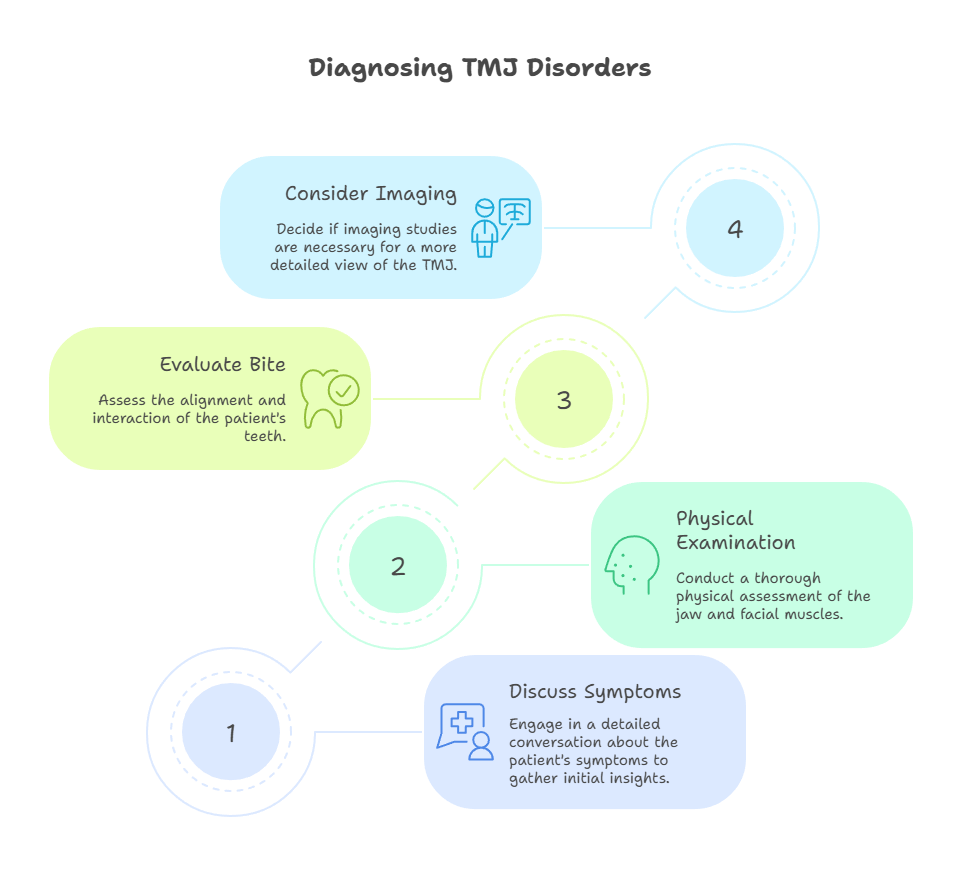
The symptoms of TMD can vary widely in intensity and type, and can affect one or both sides of the face. Common signs and symptoms include:
- Pain or Tenderness: This is the most common symptom, typically felt in the jaw joint itself, facial muscles, around the ear, or in the neck and shoulders.
- Clicking, Popping, or Grating Sounds: You might hear sounds from the jaw joint when opening or closing your mouth. While clicking alone without pain is often harmless, pain accompanying these sounds can indicate a problem.
- Limited Jaw Movement or Locking: Difficulty fully opening your mouth, or the jaw temporarily getting “stuck” or locked in either an open or closed position.
- Difficulty Chewing or Pain While Chewing: Discomfort or pain when biting or chewing food.
- Fatigue in the Face or Jaw Muscles: Feeling tired or achy in the jaw area.
- Changes in Bite Alignment: Feeling like your upper and lower teeth don’t fit together properly.
- Headaches: Often tension-type headaches, sometimes resembling migraines.
- Earaches or Fullness in the Ear: Pain around the ear that isn’t due to an ear infection, or a feeling of pressure in the ear.
- Neck and Shoulder Pain: Tension can spread from the jaw muscles to the neck and shoulders.
If you are experiencing any of these symptoms persistently, it’s a good idea to seek professional evaluation.
Diagnosing TMJ Disorders
Diagnosing a TMJ disorder involves a thorough examination and review of your medical history. At Viva Dental Orangeville, our experienced team will:
- Discuss Your Symptoms: Ask about the location, frequency, and intensity of your pain, when it started, and factors that make it better or worse.
- Perform a Physical Examination: Check your jaw joints for tenderness, swelling, clicking, or popping sounds during movement. We’ll also evaluate the range of motion of your jaw and examine your facial muscles for tenderness or tension.
- Evaluate Your Bite: Check how your teeth come together.
- Consider Imaging: In some cases, X-rays, CT scans, or MRI scans may be used to view the bones and soft tissues of the joint in more detail.
Based on this comprehensive evaluation, a diagnosis can be made, and a personalized treatment plan can be developed.
Treatment Options for TMJ Disorders at Viva Dental Orangeville
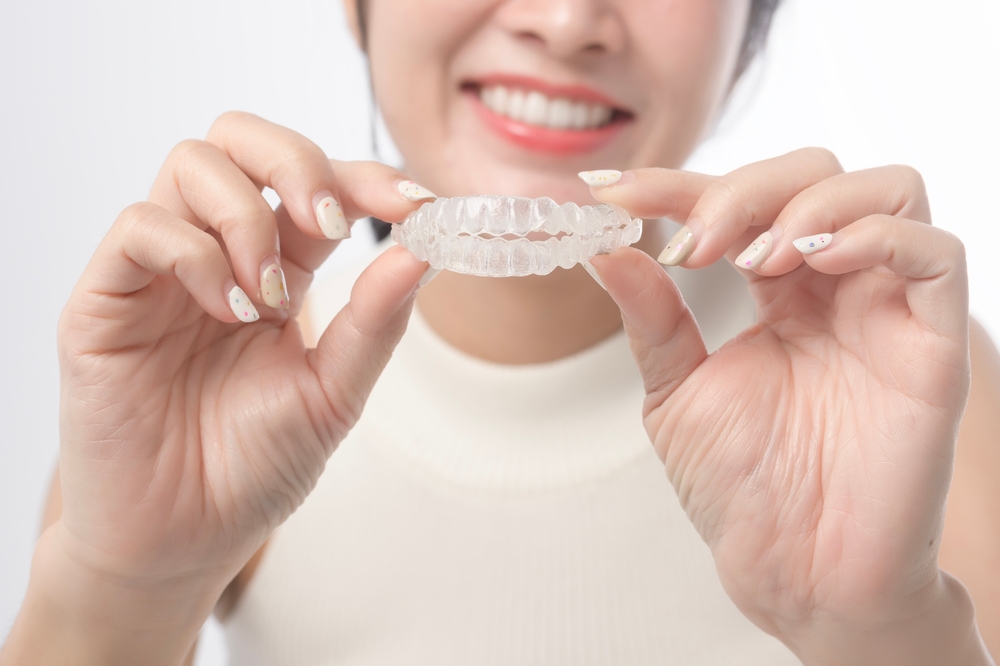
Treatment for TMD typically begins with conservative, non-invasive approaches. Most people find significant relief with these methods.
At Viva Dental Orangeville, we focus on finding the most effective, least invasive path to manage your symptoms and improve your jaw function.
Conservative Approaches
- Self-Care and Lifestyle Adjustments: Often, simple changes can make a big difference. This includes eating soft foods, avoiding extreme jaw movements (like wide yawning or chewing gum), applying moist heat or cold packs to the affected area, and practicing stress-reduction techniques for relieving teeth sensitivity.
- Medication: Over-the-counter pain relievers like ibuprofen or naproxen can help reduce pain and inflammation. In some cases, prescription medications such as muscle relaxants or anti-inflammatory drugs may be recommended for short-term use.
- Oral Appliances (Night Guards or Splints): A custom-fitted oral appliance, worn over the teeth, can be highly effective. These devices help to stabilize the bite, reduce muscle tension, and protect teeth from the effects of grinding or clenching, which are common contributors to TMD. At Viva Dental Orangeville, we can create a precise, custom night guard tailored to your mouth for maximum comfort and effectiveness.
- Physical Therapy & Jaw Exercises: Specific exercises can help stretch and strengthen the jaw muscles, improve jaw movement, and promote healing. We can guide you on appropriate exercises or recommend a skilled physical therapist who specializes in TMJ disorders.
- Stress Management: Since stress and anxiety often exacerbate clenching and grinding, techniques like meditation, yoga, or counseling can be valuable components of treatment.
Other Potential Treatments
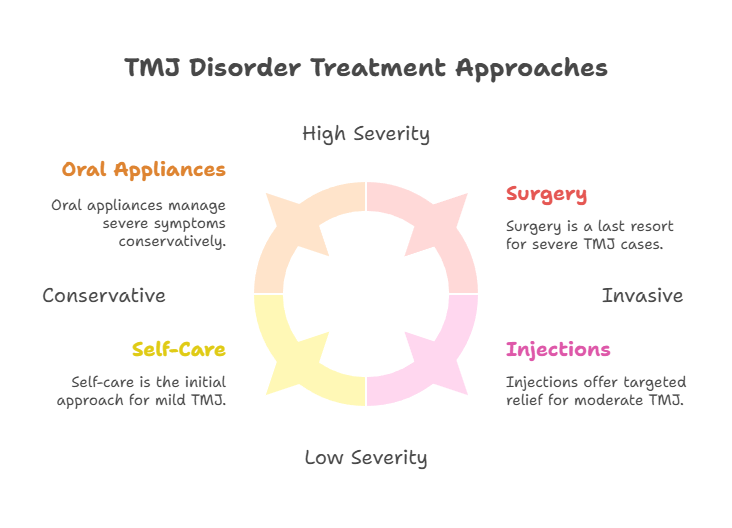
While conservative methods are the first line of defense, other options may be considered for more severe or persistent cases:
- Injections: Injections of corticosteroids into the joint can help reduce inflammation. In some cases, Botox injections into the jaw muscles can help reduce muscle spasm and pain, especially for those with bruxism or severe muscle tension (If this is a service or referral option at Viva Dental, specify, otherwise keep general).
- Arthrocentesis: A minimally invasive procedure involving inserting small needles into the joint to wash out inflammatory byproducts and sometimes introduce lubricants.
- Dental Work: In rare cases, if the bite is a significant factor, minor dental adjustments, orthodontics (like braces or Invisalign), teeth whitening or restorative work may be considered after conservative treatments have been explored.
- Surgery: Surgical interventions are typically considered a last resort for severe cases that haven’t responded to other treatments and when a structural problem within the joint is clearly identified. These procedures range from arthroscopy (minimally invasive joint surgery) to open-joint surgery. If surgery is necessary, we can refer you to a trusted oral and maxillofacial surgeon.
Why Choose Viva Dentist in Orangeville, Ontario for Your TMJ Treatment?
At Viva Dental Orangeville, we understand how debilitating TMJ pain can be.
We offer a caring and comprehensive approach to diagnosing and managing TMD, tailored to your individual needs.
- Experienced Team: Our skilled professionals are experienced in identifying the signs and symptoms of TMJ disorders.
- Personalized Care: We take the time to understand your specific situation and develop a treatment plan that addresses the root causes of your pain.
- Custom Oral Appliances: We provide custom-fitted night guards and splints, made with precision for effective relief.
- Comprehensive Approach: We integrate various treatment modalities, from lifestyle advice and exercises to oral appliances and medication management, and can coordinate care with specialists when needed.
- Comfortable Environment: We are dedicated to providing a comfortable and caring environment for all our patients.
Don’t let TMJ pain control your life. Effective solutions are available.
Living with TMJ Disorders and Prevention
Managing TMD often involves ongoing self-care and being mindful of jaw habits.
This might include continuing recommended exercises, wearing your oral appliance as directed, and maintaining stress-reduction practices.
Preventive measures can also help reduce the risk or severity of TMD symptoms:
- Avoid clenching or grinding your teeth during the day – try to keep your teeth slightly apart with your tongue resting between them.
- Practice good posture, especially when sitting for long periods.
- Manage stress through relaxation techniques.
- Avoid excessive chewing of gum or hard/chewy foods.
Conclusion: Choose From the Most Appropriate TMJ Treatment Options
TMJ disorders are common and can cause significant discomfort, but you don’t have to live with the pain. By understanding the potential causes and recognizing the symptoms, you’ve taken the first step towards relief. At Viva Dental Orangeville, we are dedicated to helping you find effective solutions for your TMJ symptoms. We offer comprehensive evaluation and a range of personalized treatment options, from custom night guards to guiding you on exercises and lifestyle changes. If you are experiencing symptoms of a TMJ disorder, contact Viva Dental Orangeville today to schedule a consultation.
Let us help you find relief and get back to comfortable chewing, talking, and living your life.
Ready to find relief from TMJ pain?
Book your consultation with Viva Dental Orangeville today!
Frequently Asked Questions About TMJ Disorders
Q: Is TMJ pain always accompanied by clicking?
A: No. While clicking or popping is a common symptom, many people with TMD experience pain without any joint sounds. Conversely, some people have clicking without any pain or dysfunction.
Q: Can stress cause TMJ problems?
A: Yes, stress and anxiety are significant contributing factors to TMD. They often lead to increased muscle tension and habits like teeth clenching and grinding, which put strain on the jaw joints.
Q: Will my TMJ disorder go away on its own?
A: In some cases, mild symptoms may resolve with simple self-care measures. However, many people require professional diagnosis and treatment to manage their symptoms effectively and prevent them from worsening.
Q: What’s the difference between a night guard and a splint?
A: While the terms are sometimes used interchangeably, “night guard” often refers to a device primarily used to protect teeth from grinding. “Splint” can be a broader term for various appliances designed to position the jaw, reduce muscle activity, or redistribute forces on the joint. Custom appliances provided by a dentist are typically more precise and effective than over-the-counter versions.
Q: How long does TMJ treatment take?
A: The duration of treatment varies depending on the severity of the disorder and the individual’s response to therapy. Some people experience relief relatively quickly with conservative measures, while others may require longer-term management or a combination of treatments.
Q: Does insurance cover TMJ treatment?
A: Coverage for TMJ treatment varies significantly depending on your specific dental and medical insurance plans. Some treatments, like custom oral appliances, may be covered under dental benefits, while others might fall under medical benefits. Our team at Viva Dental Orangeville can help you understand your options and work with your insurance provider.



